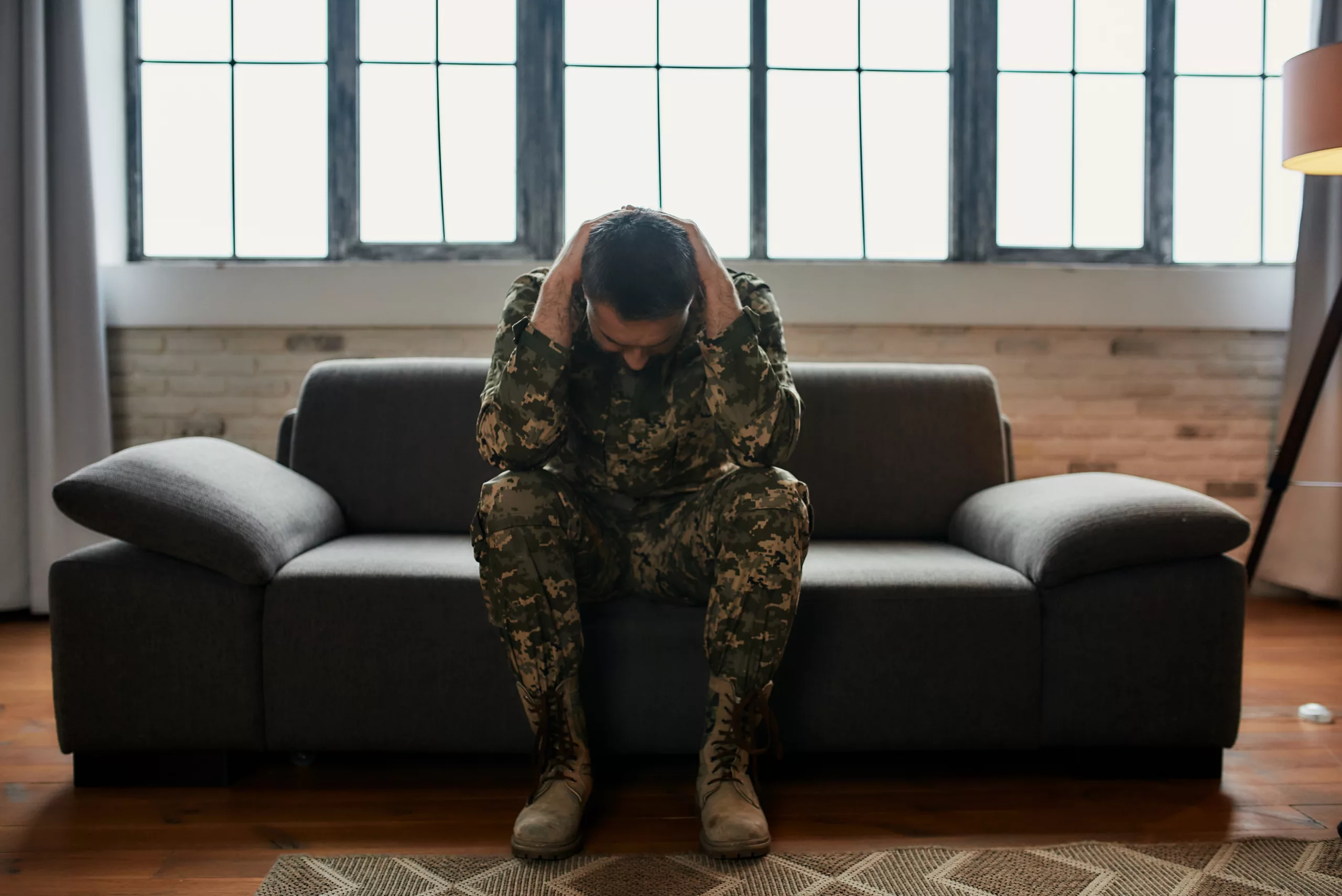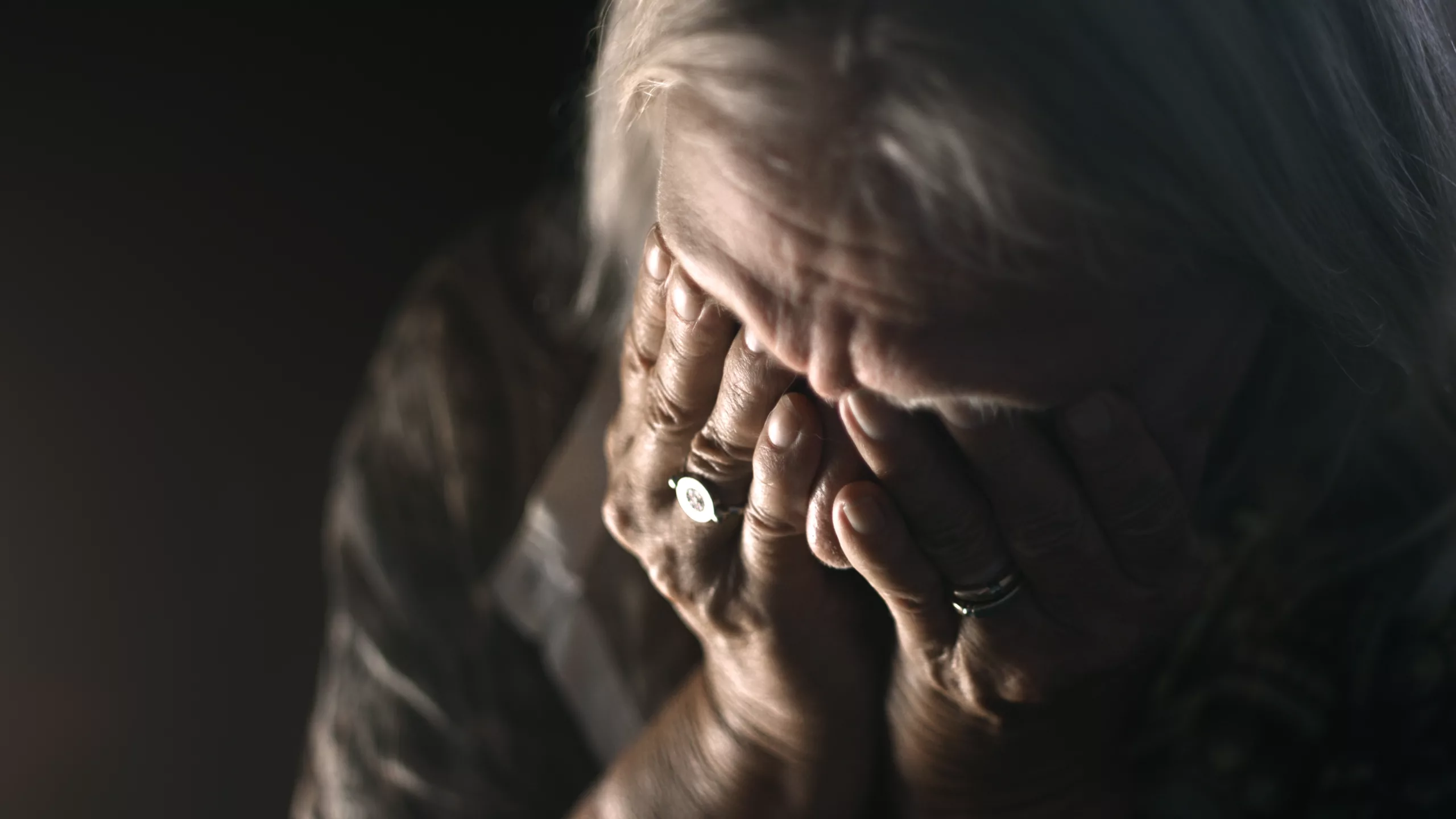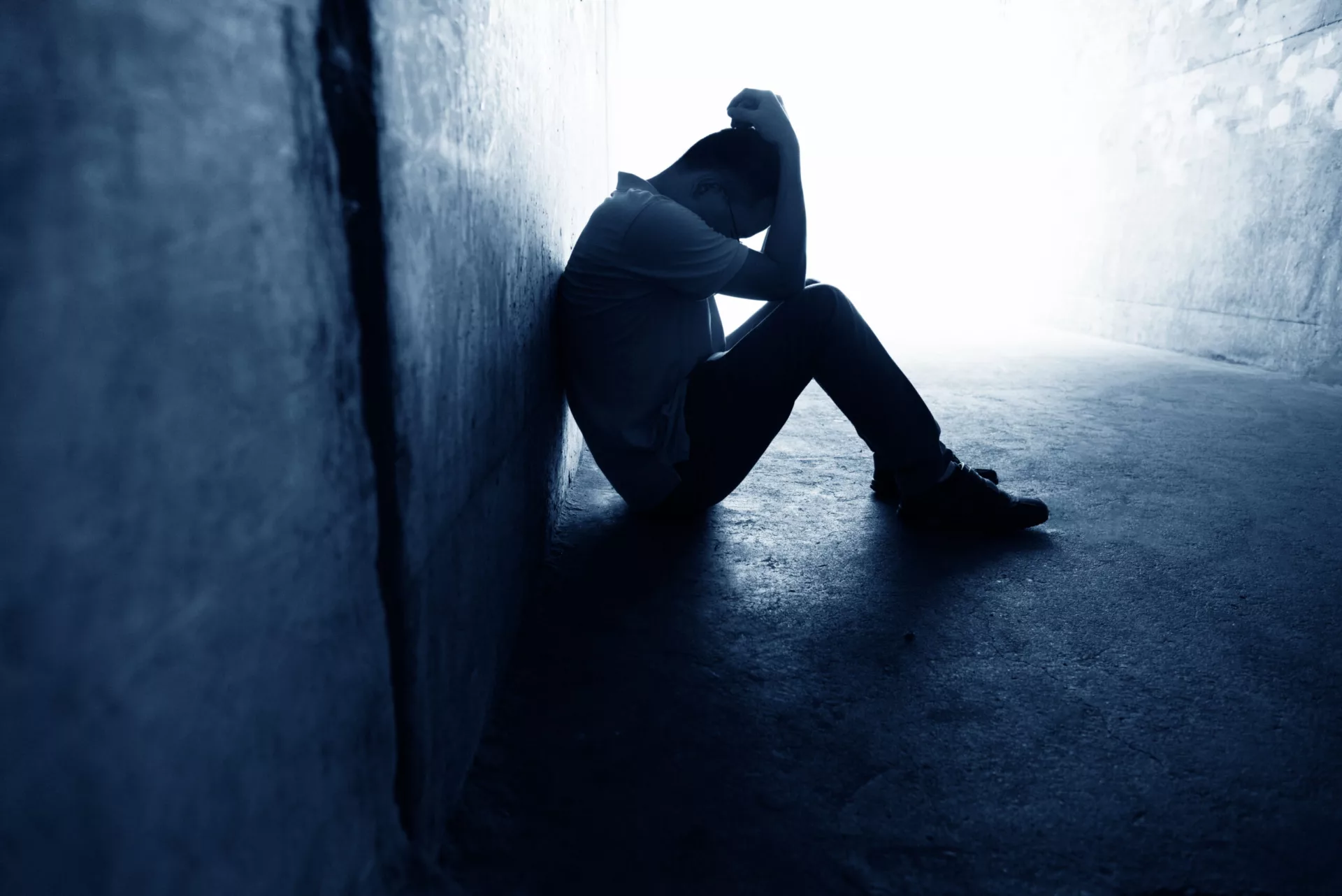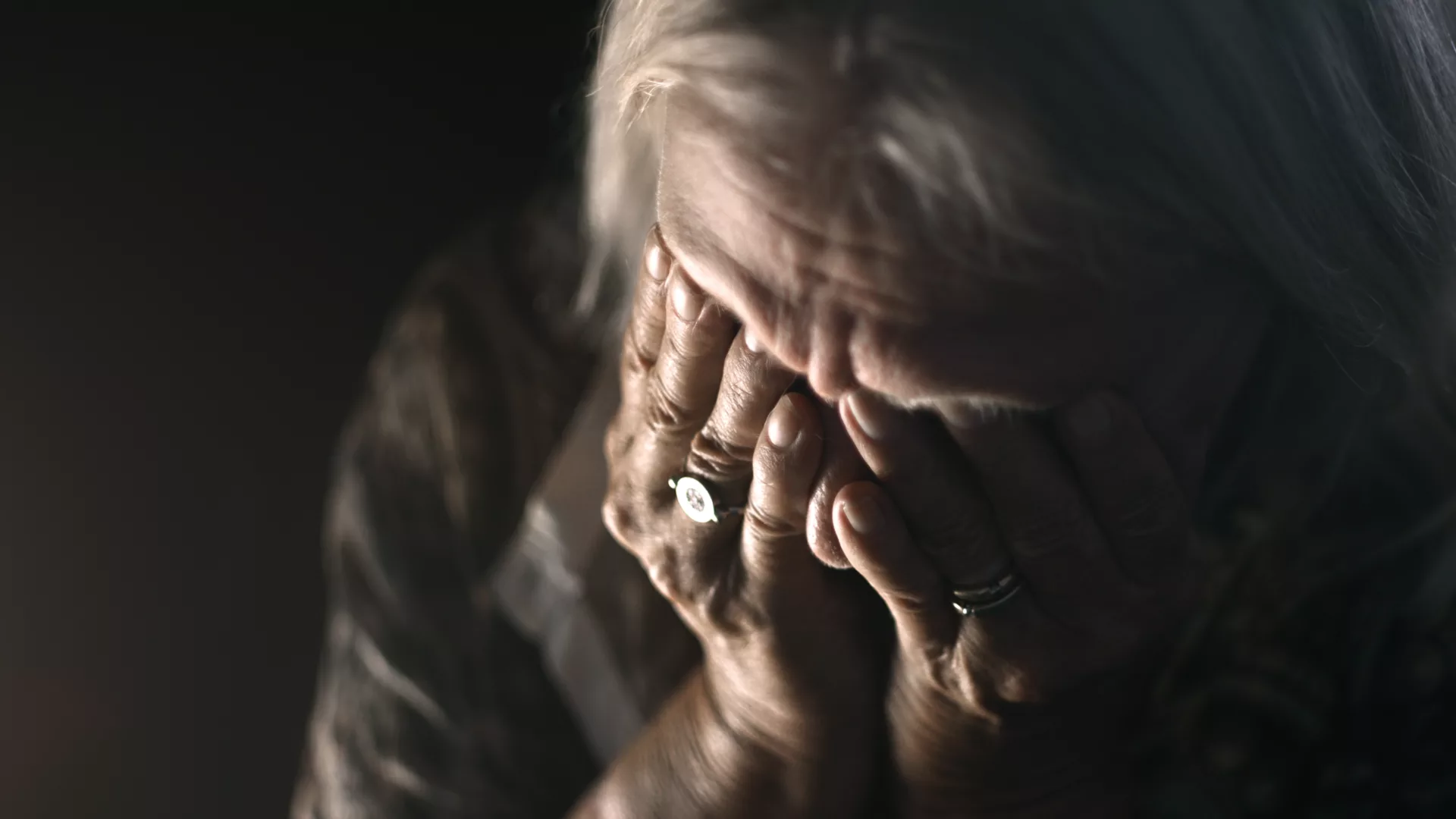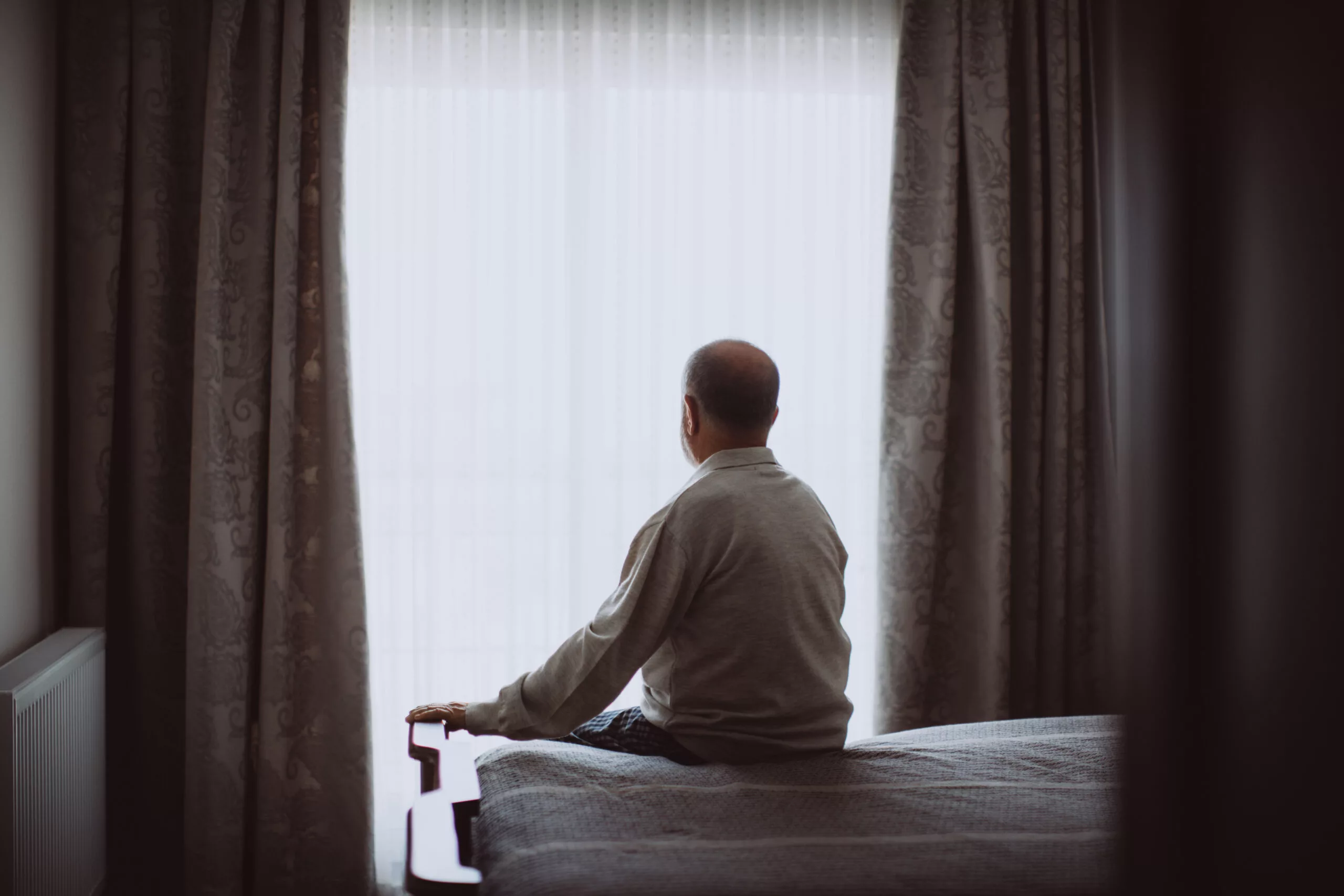
How Childhood Trauma Affects You in Adulthood
What do you visualize when you reflect back on your childhood?
Some people find themselves instantly drawn to brighter memories, while others remember a more shadowed childhood. Some reflect on memories of innocence, hope and delight, while others experience feelings of uncertainty, anxiety and fear. Others still don’t feel as if they remember much about their childhoods at all.
While there are many experiences that are generally universally experienced (such as social challenges in adolescence), certain events go beyond what is considered normal or healthy.
The effects of childhood trauma don’t always manifest fully or blatantly within childhood because children aren’t always able to entirely comprehend what happened to them, the wrongness of it or the severity of it. As a result, some of these traumas are carried into adulthood.
In this article, we’re going to identify the most common signs and symptoms of childhood trauma in adulthood and discuss the most common effects of childhood trauma on adults.
Understanding childhood trauma in Adults
When it comes to addressing the effects of childhood trauma on adults, there are generally two categories these adults fall into one, they believe mental health treatment is important and necessary, and the other, they simply don’t.
A good contrast example would be the Baby Boomer generation versus Millennials. Boomers were raised by their parents, people who not only endured personal traumas but also global traumas of war, recession, disease and famine on a global scale.
Many boomers grew up in a “survival of the fittest” mentality; they started working young, went to college (if they could afford it), got married, started a family, bought a house and worked until they retired. They were raised by hardened parents, and they learned to simply “deal” with their personal traumas without mental health care.
Millennials, on the other hand, were raised by the Boomers, who were generally (still rigid but less strict) than their parents. Millennials witnessed the impact that unhealed traumas had on their parents; how their unresolved wounds negatively affected their relationships, parenting styles and overall quality of life.
As a result, the millennial generation is when mental health and mental health care first became more mainstreamed, normalized and widely discussed. The majority of people in the pre-Millennial generations are still reluctant to seek professional help for their mental health challenges, but people nowadays are much more likely to seek out the help that they need.
The effects of childhood trauma
Wondering if that experience you had when you were younger is still affecting you?
Common signs and symptoms of childhood trauma in adulthood are:
- The development of mental health illnesses or disorders
- Difficulty regulating emotions
- Physical health problems
- Substance use and addiction
- Self-harming behaviors
- Cognitive or academic difficulties
- Suicidal ideations or actions
It’s important to remember that the exact symptoms of childhood trauma in adulthood can vary from person to person because people experience events (even similar ones) differently.
If you think you’ve experienced one or several childhood traumas and they’re continuing to impact your life in the present, consider reaching out for help to better understand why these traumas are still causing issues for you.
Speak with an advisor today
Here at Bluff Augusta, we specialize in providing premier, comprehensive addiction & mental health treatment to adults ready to reclaim their health and rebuild their lives.
Whether you’re experiencing a singular condition or co-occurring disorders, our experienced staff is well-trained in how to best support you every step of the way. If you’re open to medication-assisted treatment, we offer that modality; if you’d prefer to go the holistic route and focus on more natural modalities, we offer that too.
Taking the first step towards help can feel a little intimidating in the beginning, but it doesn’t have to be. We’re here to help, whether you’re ready to enroll in one of our programs or not.
Send us a message or [phone_linked text=”give us a call”] to speak with one of our advisors and learn more about how we can help you heal from childhood trauma.


